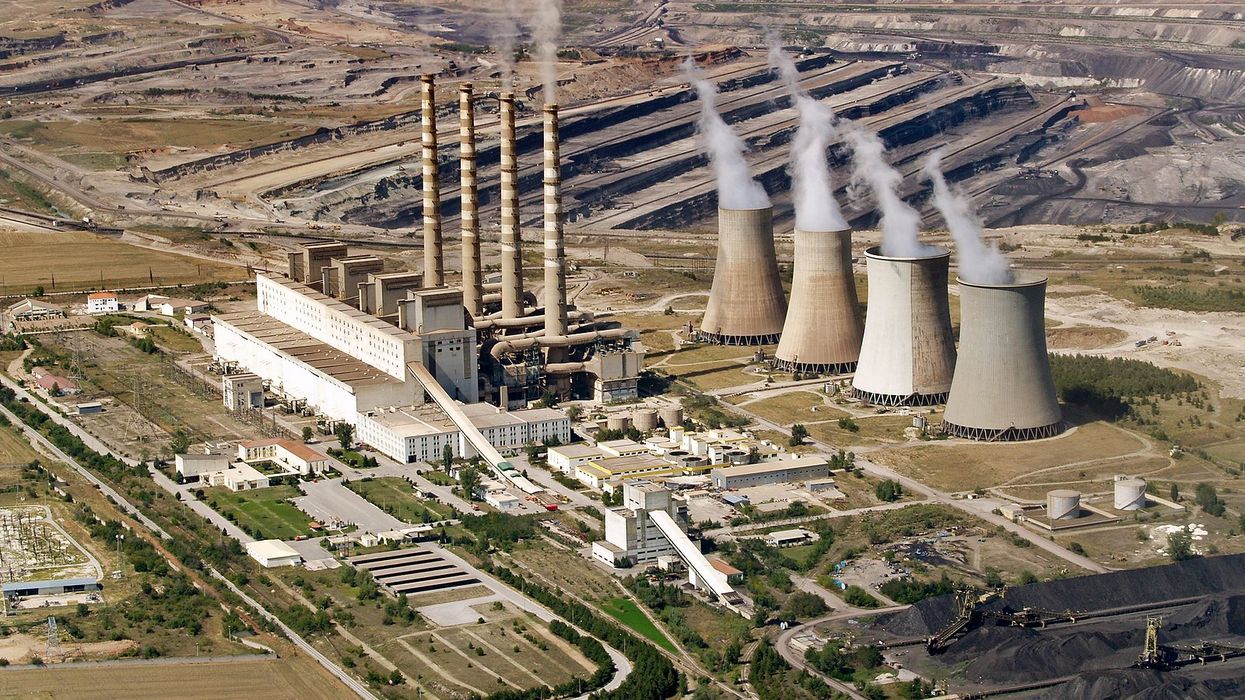President Donald Trump granted medical sterilization facilities in Georgia and other states an extra two years to meet stricter ethylene oxide emission standards, citing concerns over supply chain disruptions and national security.
Drew Kann reports for The Atlanta Journal-Constitution.
In short:
- The Biden-era rules, finalized in 2024, aimed to cut ethylene oxide emissions by 90% and required continuous leak monitoring and new controls starting in 2026.
- Trump’s proclamation delays compliance, affecting multiple Georgia plants already facing lawsuits and public health concerns tied to cancer risks from long-term exposure.
- Ethylene oxide is used to sterilize about half of all U.S. medical devices and some foods but has been classified by the U.S. Environmental Protection Agency as a human carcinogen since 2016.
Key quote:
“Loosening rules or delaying implementation of safety standards that are there to keep communities safe and make it to where fewer people get sick with cancer is just a step in the wrong direction.”
— Michael Geoffroy, attorney representing ethylene oxide exposure plaintiffs
Why this matters:
Ethylene oxide is essential for sterilizing medical devices, yet its link to cancer has alarmed communities near production and sterilization plants for years. Federal modeling has flagged neighborhoods in Georgia for higher cancer risks, and lawsuits continue over alleged health impacts. Delaying stricter controls could prolong exposure for residents living near these facilities, many of which are located in working-class or minority neighborhoods already burdened by pollution.
Learn more: Workers at Georgia medical supply hubs face health crises due to a hazardous sterilization chemical














